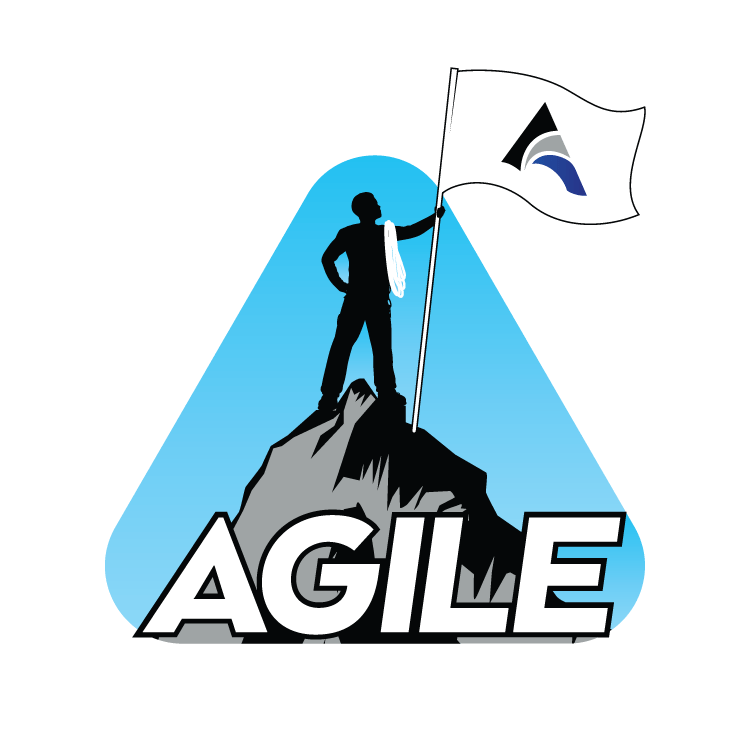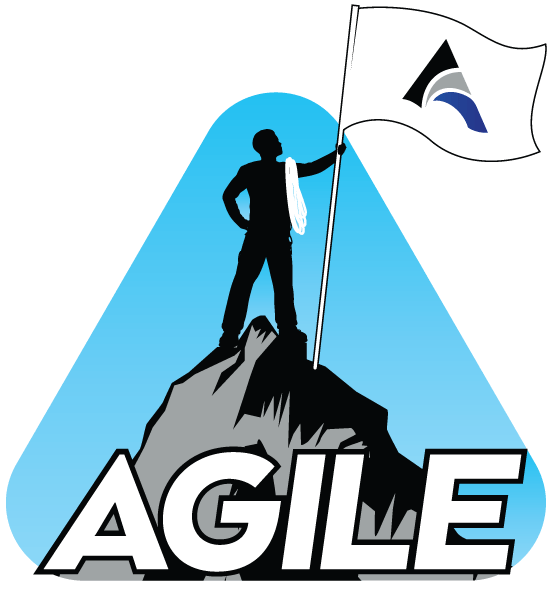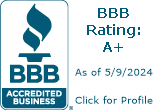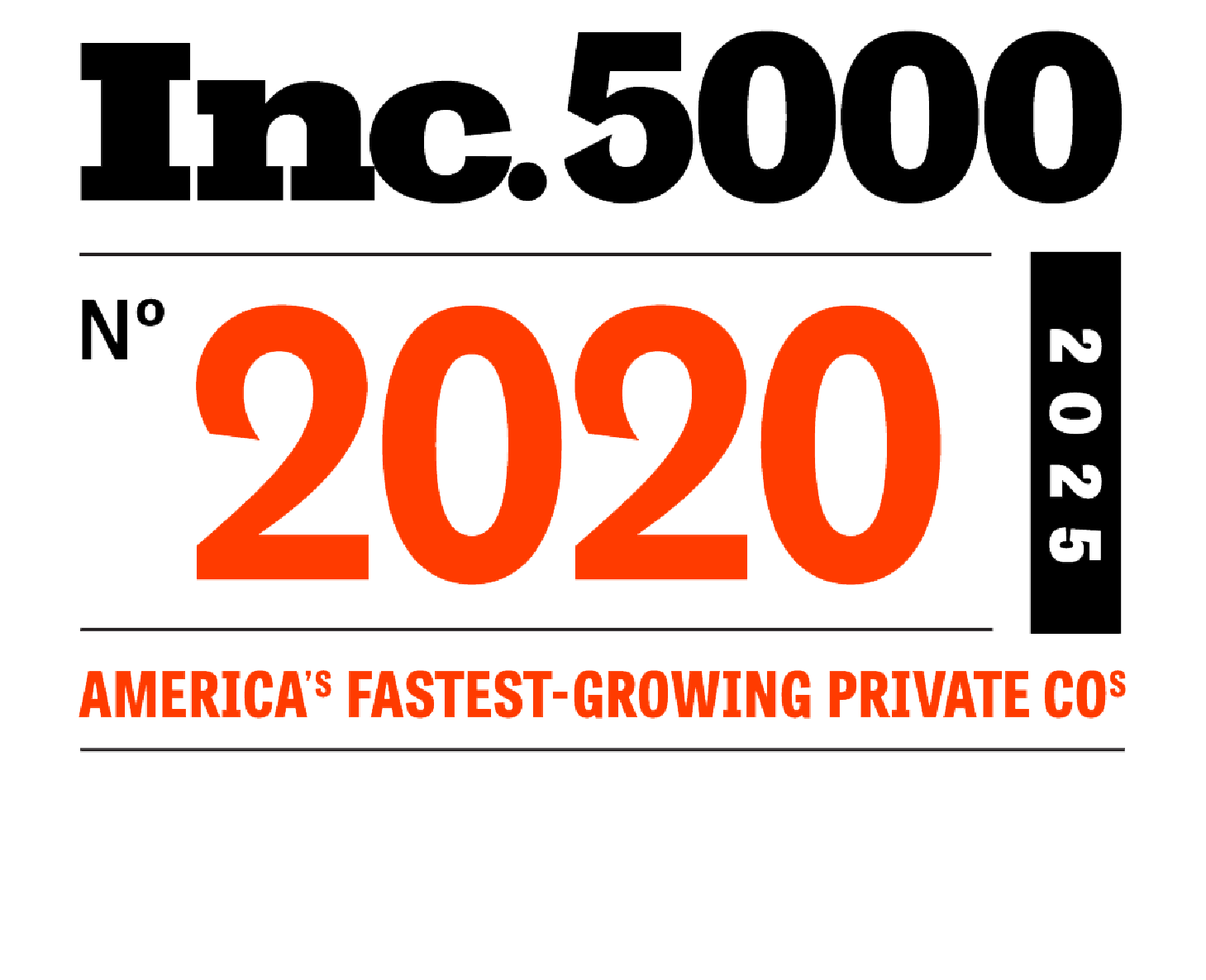TaxJar Q & A

A member of our team sat in on TaxJar’s sales and use tax Q & A webinar to provide you with these five tips to help you navigate the world of sales and use tax!
1. Use consultants alongside sales and use tax software.
Because tax software packages often fulfill parts of the same roles that Agile tackles, we often get questions about how sales tax consultants like Agile Consulting Group and sales tax software companies such as TaxJar work in tandem when it comes to sales and use tax compliance. Clete Werts with TaxJar offered the most succinct explanation, “Software isn’t going to provide you guidance; we’re not going to tell you what to do.” Sales tax software is great for automating some more cumbersome parts of the sales tax compliance process like rate calculation, managing already-defined product catalogues, and keeping track of your exemption certificates.
Agile is partnered with TaxJar, since to get the software running well, you must have already established an idea of where your company has physical and economic nexus as well the taxability of your products. A sales tax software won’t be able to provide that sort of guidance, but Agile Consulting Group can help get your systems and team ready to go for ongoing sales and use tax compliance. Once you’re registered and up to speed, either Agile or one of our sales tax partners can handle your ongoing compliance filings. Both are great solutions with their own values!
2. Understand where you have economic nexus.
Ever since the South Dakota v. Wayfair, Inc. case, states have been allowed to charge sales tax to out of state businesses based on their economic presence in the state. This sudden change has left a lot of companies confused on when they’re liable to collect sales taxes in the states they operate in. The laws differ state by state, but one of our tax experts would be happy to answer some introductory questions in a free consultation.
If you think you might qualify for economic nexus, TaxJar's panel members suggested that the best steps to take are to remediate by filing voluntary disclosure agreements (VDAs), register, and remain compliant going forward. While this advice is good, we suggest starting with a nexus and taxability study to get an idea of where your exposure is. Once you have a summary of your liabilities, the next steps you take will be based on your risk profile.
3. Sales tax liabilities can hurt acquisitions and investments.
Two of the panel members pointed out that it is becoming increasingly more common for both buyers and investors to watch their sales and use tax exposure before making business decisions. Both said they had seen deals fall through or go on hold until the company figured out how it was going to handle its sales tax liabilities. Depending on the industry and state, you may be able to balance some outstanding liabilities with sales and use tax recoveries based on existing exemptions that apply to your business’s purchases.
4. Don’t ignore physical nexus!
Panel members highlighted that a common mistake many businesses make is focusing solely on the relatively new and confusing landscape of economic nexus. However, physical nexus still creates sales and use tax responsibilities! You can think of physical nexus as anywhere you have brick and mortar locations, warehouses, or employees (and often also 1099 contractors, depending on the state and their role). While physical nexus is typically easier than economic nexus to figure out, you don’t want to ignore this important step in sales and use tax compliance!
5. Get an exemption certificate from a client before ceasing to charge sales and use tax.
Often, businesses will honor a “tax exempt” client if they’re aware of the relevant exemption. However, this practice can create unnecessary liability on your company. In case of an audit, you’ll need to have the necessary exemption paperwork from any sales tax-exempt clients. In the panelists’ and Agile’s experience, getting exemption paperwork from your clients after a transaction has already occurred is significantly more difficult than telling your client upfront that specific forms will need to be filed before taxes can be removed. One panelist warned that your client could go out of business and become impossible to reach by the time an auditor comes around!
6. Make sure to report all streams of income.
The panelists stated that modern businesses often have omni-stream revenue where money comes in from different aspects of the business and in diverse formats. Reconciling sales tax to a business’s income tax return is becoming more common in a sales tax audit for the auditor to guarantee they’re capturing each stream of earnings.
7. Get representation for audit defense from a sales and use tax consultant.
COVID has brought more remote audits and more “green” auditors (those without much experience). Because of the new modality and amateur auditors, the state can waste your time and resources going down rabbit holes, placing a burden on your operations. While it is always a good idea to have a sales and use tax consultant to represent you for audit defense, this current environment requires representation to decrease how interruptive an audit can be.
8. Drop-shippers need reseller certificates.
As a drop-shipper, you’ll need reseller certificates to avoid having to charge and remit sales & use taxes. Fortunately, you can avoid the hassle of having to register and seek certificates in each state that you operate in. Most of the states participate in one of two sales and use tax organizations for reseller certificate purposes, and one of our sales and use tax experts would be happy to guide you through that process.
We hope you found these tips helpful! As always, you can call one of our sales and use tax experts if you have any additional questions. We’d be happy to help your business become and remain compliant with sales and use tax.












